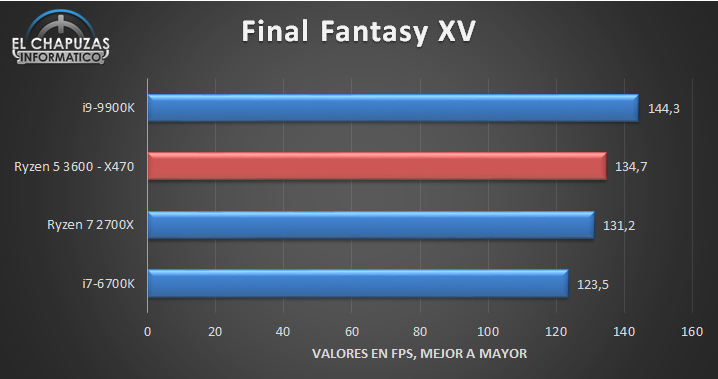You obviously don't understand how game engines work. Here, is a fine description to read https://www.reddit.com/r/gamedev/comments/44fux4/multi_threading_in_game_development/ :
""
It largely depends on the scale of your game and the platform but generally speaking, all modern games are multithreaded in one way or another. For example, on PC the video driver is generally multithreaded and will have a few threads running. That is probably not what you asked though
Here are the broad categories of things that need their own thread:
- The main thread is called 'main' because it typically orchestrates everything, including the other threads to a large extent.
- The render thread will typically own the display device and will take care of everything rendering related. Even on older hardware with a single core (e.g: Wii), the rendering was often done on a separate thread to ensure it never stalls too long.
- The audio thread will typically own the audio device. This is often a very important thread even though it doesn't typically do a lot of work. The work it does needs to be done in a separate thread to help make sure the audio device doesn't starve and sound remains smooth.
- IO will also often be handled on a separate thread. Most platforms do not support async IO natively and thus most game engines converged into having one or more IO threads to handle async IO requests.
- Networking will also often have its own thread for similar reasons to IO.
- Most of the remaining threads will form a pool for jobs. Many of the above threads often need to perform work but cannot afford to stall or can do other work in the mean time and thus as a way to either speed things up by using multiple threads or as a mean to hide latency by offloading the work to another thread. Job threads fit this bill and there will usually be 1 per free core (main/rendering threads will often have their own core).
- Some other threads remain for system work (e.g: drivers) etc.""
And yet some games visibly bottleneck purely on clock rate because the tasks running are literally not able to run over more than a single thread, sequential calculation that mustn't be interrupted are something which simply has no where else to go. A major problem in RTS games.
There's always some leeway in making the set of calculations less complex, but it doesn't really resolve the issue that you need it to stay on a single thread to keep it from running into a stall and crashing the game.








